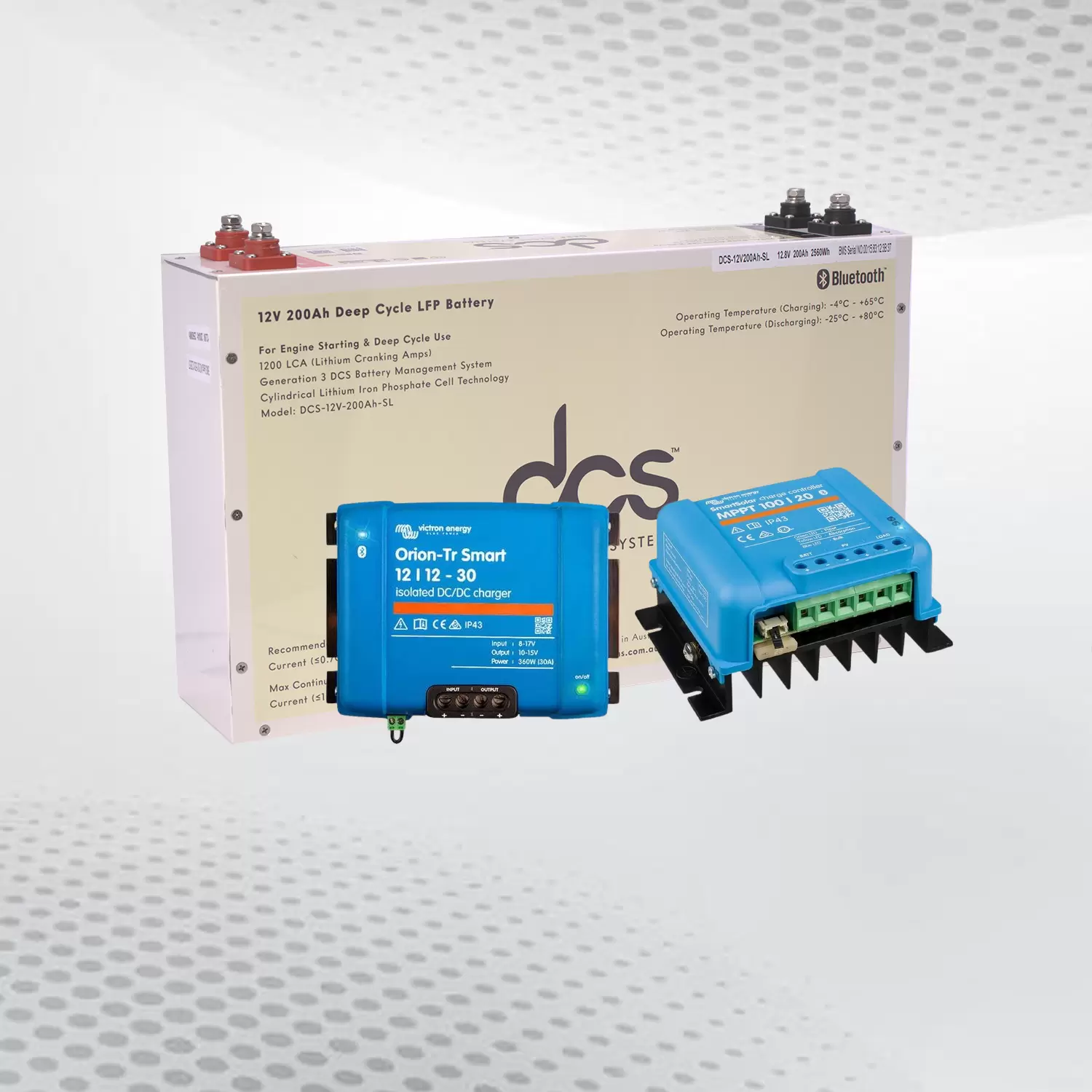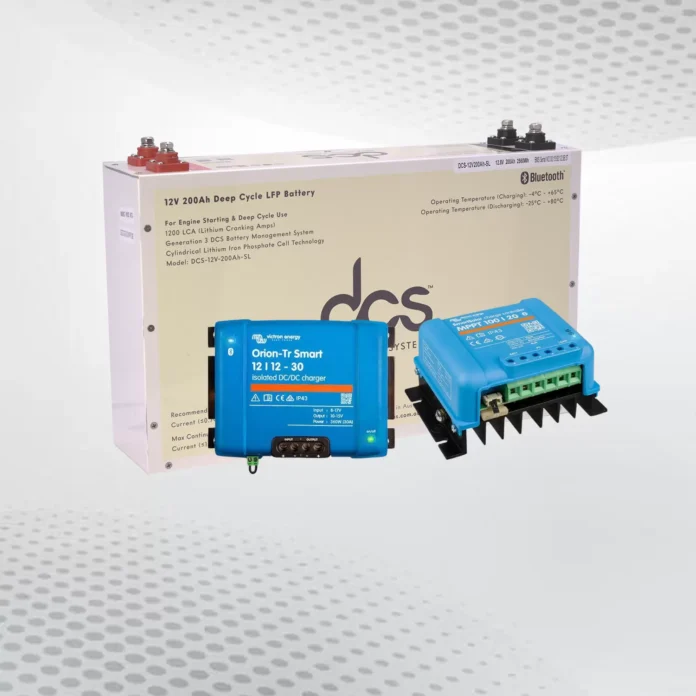The Power crank lithium batteries are the next evolutionary step in battery technology, combining the efficiency and reliability of lithium-ion batteries with the innovative power-crank mechanism. These batteries are designed to deliver consistent power output even under demanding conditions, making them ideal for various applications, from consumer electronics to electric vehicles and renewable energy storage. The key feature of power-crank lithium batteries is their ability to maintain high-performance levels over extended periods of use.
Introduction to Lithium Battery for Cranking
A Lithium battery for cranking represents a significant leap forward in power supply technology, offering a reliable and efficient solution for starting engines in various applications, from automobiles to marine vessels and beyond. Unlike traditional lead-acid batteries, lithium-cranking batteries boast several advantages, including lighter weight, faster charging times, and longer lifespan.
Leveraging the high energy density of lithium-ion chemistry, these batteries deliver potent bursts of energy, ensuring rapid and consistent engine ignition even in extreme weather conditions. Their compact design and maintenance-free operation make them an attractive choice for modern vehicles and equipment. With lithium batteries for cranking, users can expect improved performance, reduced downtime, and enhanced reliability, ushering in a new era of power solutions for demanding applications.
Lithium batteries for cranking are a game-changer in engine starting power. Unlike traditional lead-acid batteries, which have long dominated this space, lithium-cranking batteries offer many benefits that revolutionize the starting experience. First and foremost, lithium batteries are incredibly lightweight compared to their lead-acid counterparts. This weight reduction makes them easier to handle during installation and contributes to overall vehicle weight savings, which can enhance fuel efficiency and performance.
Opt for Cold Cranking Amps Lithium Ion Battery
Cold Cranking Amps Lithium Ion Battery is a crucial specification when it comes to assessing a battery’s starting power, especially in cold weather conditions. While traditionally associated with lead-acid batteries, the concept of CCA is also relevant for lithium-ion batteries, albeit with some differences. Lithium-ion batteries typically have excellent cold-cranking performance due to their chemistry, which allows them to maintain stable voltage output even in low temperatures. However, lithium-ion batteries operate differently from lead-acid batteries, so their CCA rating is not always directly comparable.
Lithium-ion batteries often measure the starting power in Peak Amps or Pulse Cranking Amps (PCA). Peak Amps represent the maximum current a battery can deliver for a short duration, typically a few seconds. At the same time, Pulse Cranking Amps indicate the maximum current delivered during a single pulse.
While CCA is not a standard specification for lithium-ion batteries, some manufacturers may provide an equivalent rating or reference the battery’s cold-weather performance in other ways. Factors like the battery’s internal resistance, voltage stability, and overall design must be considered when assessing its suitability for cold-weather applications.
Lithium-ion batteries are known for their robust performance in various conditions, including cold weather, making them a reliable choice for applications where starting power is critical. However, it’s essential to review the battery’s specifications and consult with the manufacturer to ensure it meets your specific requirements, especially in cold climates.
How Lithium Power-Crank Batteries are Different from Traditional Batteries
Few innovations have garnered as much attention when it comes to understanding the intricacies of modern battery technology as lithium power-crank batteries. These cutting-edge energy storage solutions have revolutionized how we think about power and mobility, offering a range of benefits that set them apart from their traditional counterparts. This section will delve into the unique features distinguishing lithium power-crank batteries from their predecessors.
One of the most significant differences is their ability to store energy more efficiently. Lithium power-crank batteries boast a higher energy density, allowing them to pack a punchier punch in a smaller package. It means that devices and equipment can be designed to be more compact and portable without sacrificing performance. Additionally, lithium power-crank batteries have a longer lifespan, reducing the need for frequent replacements and minimizing the environmental impact of battery disposal.
Another key difference is their ability to recharge quickly and efficiently. Lithium power-crank batteries can be rapidly recharged, making them ideal for applications where power is needed on demand. This speed and efficiency also enable them to handle high-drain devices, such as those found in electric vehicles, drones, and other high-tech equipment.
Advantages of Lithium Battery Cold Cranking Amps
As the world continues to evolve and become increasingly reliant on battery-powered devices, it’s no surprise that the demand for high-performance, long-lasting power sources has skyrocketed. Lithium Battery Cold Cranking Amps have emerged as a game-changer, offering many advantages that have revolutionized how we think about portable power. One of the most significant benefits of lithium power-crank batteries is their exceptional energy density, which enables them to pack a substantial amount of power into a compact, lightweight package.
These batteries can be easily integrated into various devices, from small electronics to heavy-duty machinery, without sacrificing performance or adding excessive weight. Lithium power-crank batteries boast an impressive lifespan, with many models boasting up to 500 charge cycles or more, making them a cost-effective and environmentally friendly option for consumers.
Another significant advantage of lithium power-crank batteries is their rapid recharge capabilities. Unlike traditional batteries, which may take hours or even days to fully recharge, lithium power-crank batteries can be quickly replenished in a matter of minutes, making them ideal for applications where downtime is not an option.
The Role of Lithium Ion Battery Cold Cranking Amps
A lithium ion battery cold cranking amps (CCA) rating determines its ability to start an engine reliably, particularly in cold weather conditions. CCA measures the battery’s capacity to deliver a high level of current at a specific low temperature, typically around 0°F (-18°C), for a short duration, usually around 30 seconds, while maintaining a minimum voltage level.
In essence, the CCA rating reflects the battery’s power output when starting a vehicle in cold weather, when the engine’s oil is thicker, and the demands on the battery are higher. A higher CCA rating indicates a battery’s ability to deliver more power under these conditions, ensuring a quick and efficient engine start.
For lithium-ion batteries, the CCA rating is a testament to their ability to maintain stable voltage output and deliver sufficient current even in low temperatures. While lithium-ion batteries inherently offer excellent cold-weather performance due to their chemistry, the CCA rating provides a standardized metric for comparing their starting power with traditional lead-acid batteries.
How to Choose the Right Lithium Power-Crank Battery for Your Needs
Choosing the right lithium power-crank battery for your needs involves considering several key factors to ensure optimal performance and compatibility. Here’s a breakdown of how to make the right choice, organized into subheadings:
· Voltage and Capacity:
Understand the voltage requirements of your application (e.g., 12V, 24V).
Determine the capacity needed based on your power consumption requirements and the duration of operation between recharges.
· Cold Cranking Amps (CCA) Rating:
Assess the CCA rating to ensure the battery can deliver sufficient starting power, especially in cold weather conditions.
Choose a battery with a CCA rating that matches or exceeds the requirements of your vehicle or equipment.
· Size and Form Factor:
Consider the battery’s physical dimensions and form factor to ensure it fits within the available space in your vehicle or equipment.
Determine whether you need a standard form factor or a custom-sized battery for specific applications.
· Cycle Life and Durability:
Evaluate the battery’s cycle life, which indicates how many charge-discharge cycles it can withstand before performance degradation.
Look for batteries with high cycle life ratings to minimize maintenance and replacement frequency.
The Impact of Lithium Power-Crank Batteries on the Environment
As the world continues to shift towards a more sustainable future, the impact of lithium power-crank batteries on the environment is a pressing concern. While these innovative batteries have revolutionized how we power our devices, their production and disposal processes have raised questions about their eco-friendliness.
Lithium power-crank batteries are relatively environmentally friendly, unlike traditional lead-acid batteries, which contain toxic materials like lead and mercury. However, the extraction of lithium from mining operations can have devastating effects on local ecosystems, including soil and water pollution. Furthermore, the disposal of lithium batteries is a growing concern. When these batteries end their life, they can be recycled, but the process is not yet widespread, and many still end up in landfills or incinerators.
It not only wastes valuable resources but also contributes to environmental degradation. As the demand for lithium power-crank batteries continues to rise, manufacturers and consumers must prioritize sustainable practices to minimize their ecological footprint. It includes exploring alternative materials for production, implementing responsible recycling programs, and promoting extended product lifecycles.
Improving Lithium Power-Crank Battery Performance
As we delve deeper into the world of lithium power-crank batteries, it’s crucial to understand the various factors that influence their performance. In this section, we’ll explore how to optimise these batteries’ performance, ensuring they deliver maximum power and efficiency.
One of the most significant factors affecting lithium power-crank battery performance is temperature. Lithium batteries are sensitive to temperature fluctuations, and extreme temperatures can significantly impact their capacity and lifespan. To minimize the effects of temperature on performance, store and charge the batteries in a controlled environment, such as a climate-controlled room or a temperature-regulated charging station.
Another crucial factor is charging and discharging habits. Lithium power-crank batteries have limited charge cycles, and deep discharging can reduce their overall capacity. By adopting smart charging and discharging practices, such as keeping the battery level between 20% and 80% during charging, you can extend the battery’s lifespan and maintain its optimal performance.
In addition, the quality of the battery itself plays a crucial role in determining its performance. High-quality lithium power-crank batteries are designed with advanced materials and manufacturing techniques, resulting in improved energy density, faster charging times, and longer lifespan. By investing in premium batteries, you can ensure that your power-crank devices operate at peak performance.
Conclusion
In conclusion, power crank lithium batteries represent a significant advancement in battery technology, offering superior performance, reliability, and versatility compared to traditional lead-acid batteries. These batteries are designed to deliver consistent power output, even in demanding conditions, making them ideal for various automotive, marine, recreational, and industrial applications. With lightweight construction, rapid charging, extended lifespan, and excellent cold-cranking performance, power-crank lithium batteries are revolutionizing how we power engines and equipment.
FAQS
Are Power-Crank Lithium Batteries Compatible With My Vehicle?
Power-crank lithium batteries are designed to be compatible with a wide range of vehicles, including cars, trucks, motorcycles, boats, and recreational vehicles. However, before installation, verifying compatibility based on voltage, size, and other specifications is essential.
How Long Do Power Crank Lithium Batteries Last?
The lifespan of a power-crank lithium battery depends on various factors, including usage patterns, charging habits, and operating conditions. On average, these batteries can last several years, with some models offering thousands of charge-discharge cycles before replacement is needed.
Can Power-Crank Lithium Batteries Be Charged With Standard Chargers?
Yes, most power-crank lithium batteries can be charged using standard lithium-ion battery chargers. However, following the manufacturer’s recommendations regarding charging voltage, current, and duration is essential to ensure safe and efficient charging.
| Other Good Articles to Read |
| skank blogs |
| unreal blogs |
| tba blogs |
| all city forums |
| dany blogs |
| refuge blogs |
| the music blogs |
| key forums |
| the big blog theory |
| joe blogs |
| blogs 4 me |
| Blogs Emon |
| Related Business Listings |
| Contact Directory |
| Local Business Profiles |
